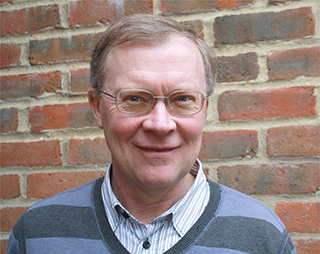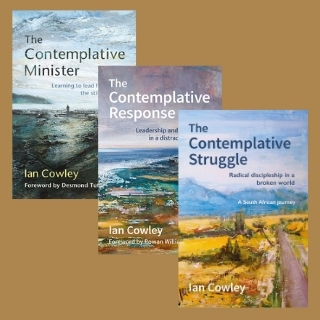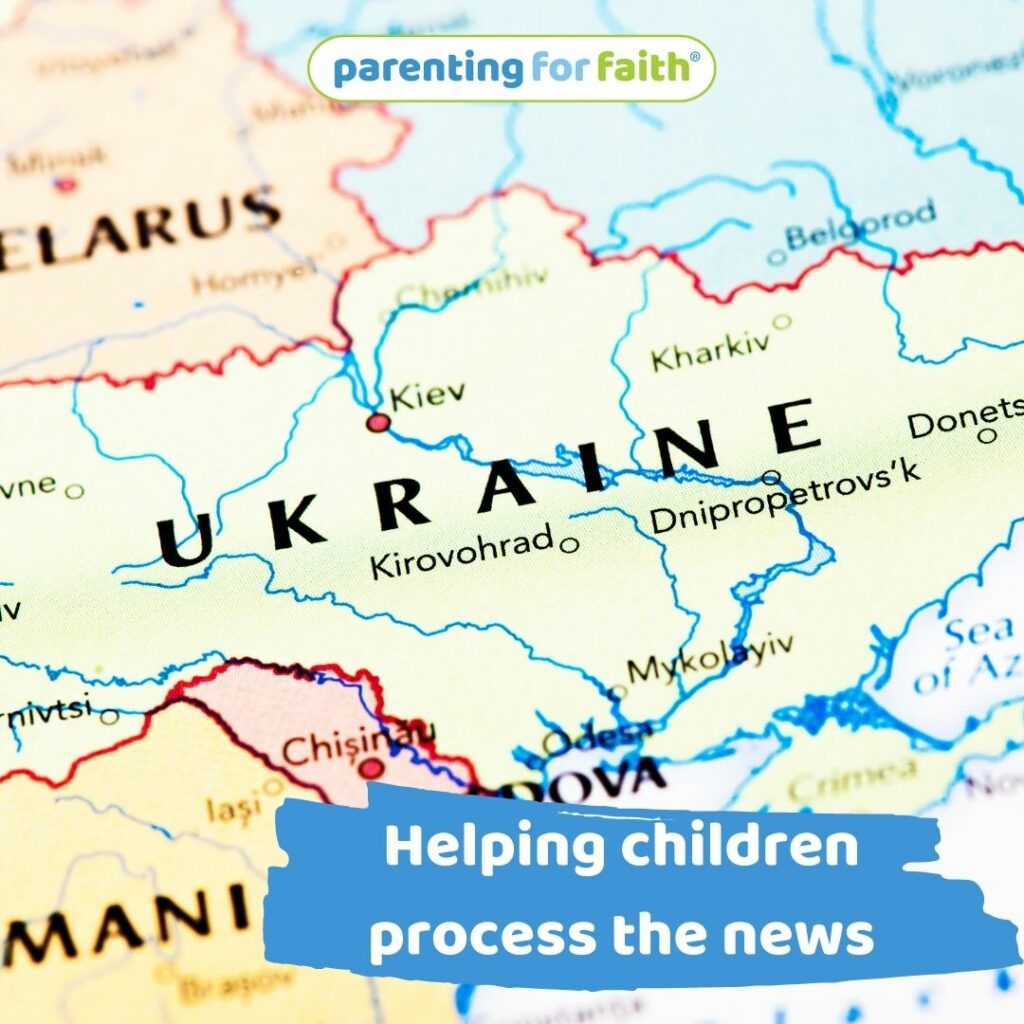In the first of two articles linking the themes of hope and justice in a broken world, BRF author Ian Cowley offers a South African perspective in the light of the deeply troubling situation in Ukraine…
(This is an edited version of an article which appeared in the newspaper Witness, in Pietermaritzburg, South Africa, January 2022.)
27 February 2022
For a South African living in the UK, these are strange times. Of course, the Covid pandemic has been challenging and immensely difficult for all of us, but now we face the immediate reality of war in Europe, on a scale that we never imagined would happen. These are deeply troubling and sobering times. But South Africans know about challenging and difficult times. For many people around us, all of this is a new and deeply disorienting experience.
The world has changed, and suddenly is no longer what many people assumed it always would be. But I, as a South African, find myself thinking that this is all just a kind of wake-up call. We South Africans have known for a long time just how insecure and and uncertain the world can be.
Many people in the UK and in many western countries have grown up with the understanding that the world is, by and large, a safe and secure place. A friend said to me recently:
‘All my life I’ve been able to do what I wanted to do and go wherever I want to go, with very little that stood in my way. Now suddenly I and my whole generation find that this is not how the world is anymore. For many of us this is profoundly disturbing and troubling.’
‘The world has changed and suddenly is no longer what many people assumed it always would be… this is a wake-up call.’
A ‘deeply unsettling’ precariousness
One of our Anglican bishops recently wrote to the clergy:
‘Many of us have grown up in a reasonably ordered society with dependable structures working in fundamentally predictable ways. The precariousness we are collectively experiencing now is deeply unsettling for us even if, hard as it is for us to appreciate, life is precarious for most people in the world.’
I have found that in the Covid pandemic, I usually tend to be an optimist. I was caught out in March 2020, because I thought that Covid would be like SARS or MERS. I am used to dealing with bad news on the radio and TV because I lived in South Africa in the 1980s and 1990s. South Africans know all about bad news. In fact, anyone who lives in Africa knows that the world is not a safe or predictable place. Now the rest of the world knows that, too, in a whole new way.
Perhaps there is much that the church in the UK can learn from the experience of the church in Africa, and especially South Africa. Many South African church leaders were able to offer hope and vision to the nation in times of great testing. They were unafraid to criticise the government, but above all they pointed to a future which would be built on the secure foundation of the values of Jesus and the kingdom of God.
‘Anyone who lives in Africa knows that the world is not a safe or predictable place.’
Where hope is to be found
One of the things which South Africans have to offer in times like this is the knowledge of where to find hope. We all need hope, but not just in the sense that ‘I hope it won’t rain tomorrow.’ We need hope as a core conviction that enables us to act for good even when the news is all bad. Hope is what has kept many South Africans from giving up, from despair at some of the awful events in our history. Hope means believing that the future is worth our best efforts and our deepest resolve. Hope is rooted in our values, in our commitment to justice and peace, and in who we are and what we truly believe in.
This has been exemplified for the whole world in the life and example of Desmond Tutu. In recent weeks the news media in the UK has carried many reports and articles about the Archbishop and his remarkable life. One of the key aspects of this has been Desmond Tutu’s conviction, even in the darkest of times, that justice will prevail, that light is stronger than darkness and that goodness is stronger than evil.
‘Hope means believing that the future is worth our best efforts and our deepest resolve.’
Many people in the West now have a clear sense that we are living in a broken world. It is not just the pandemic. The far greater threat of catastrophic climate change is filling the near horizon, as each year brings more and more disastrous storms, floods, fires, heatwaves and famines. Black Lives Matter has brought the scourge of racism to the fore in a way that has never previously been reckoned with. And all around there is ever-increasing inequality and disparity of wealth. Britain is a wealthy country, and yet food banks, homeless shelters and poverty are in every city and town. None of these issues is going to go away soon.
South Africa: the workshop of the world
It seems to me that South Africa is in some ways the workshop of the world.
- South Africans live each day in a very immediate way with most of the issues that the rest of the world is now being forced to confront.
- South Africans have had a head start in learning to live together as one nation of different races and faiths.
- South Africans see inequality and poverty wherever they go, and many have learnt to reach out beyond themselves to serve and help their neighbours.
- South Africans know that every person can make a difference, that every contribution counts.
South Africans, at their best, are bridge-builders. We are advocates for justice for the left behind. We are believers in something that is greater than ourselves and our own immediate self-interest.
As I look at the issues facing an increasingly broken world, it seems to me that there is much that the developed world can learn from the experience of those who have already been through the fire of struggle and testing.
‘Tutu’s conviction was that, even in the darkest of times, justice will prevail.’
The South African experience has much to teach us all as we make our way through the enormous global challenges of life in the 21st century.

Ian Cowley is an Anglican priest who has served in parish ministry in South Africa, Sheffield, Cambridge and Peterborough. He is the author of five books on spirituality, discipleship and the local church, including the Contemplative trilogy for BRF.


Helping children process the news
As Russian forces launch a military assault on Ukraine, we may wonder how to process this with our children. Should we share or show them the news if they haven’t already heard or seen it? How can we do that in a way that allows them not to be fearful and to see God in it? Becky Sedgwick, local coordinator for Parenting for Faith, offers some suggestions.
A prayer for peace
by Martyn Payne
God of all peace,
speak your peace to our restless souls,
bring your peace to our troubled lives,
establish your peace in our broken world,
because you have promised to mediate between many nations
so that we should learn war no more.
Lord, work with us and in us towards that day.
Amen
The international prayer for peace
Lead us, Lord, from death to life,
from falsehood to truth,
from despair to hope,
from fear to trust,
from hate to love,
from war to peace;
and let peace fill our hearts
our world, our universe.
Peace Peace Peace
